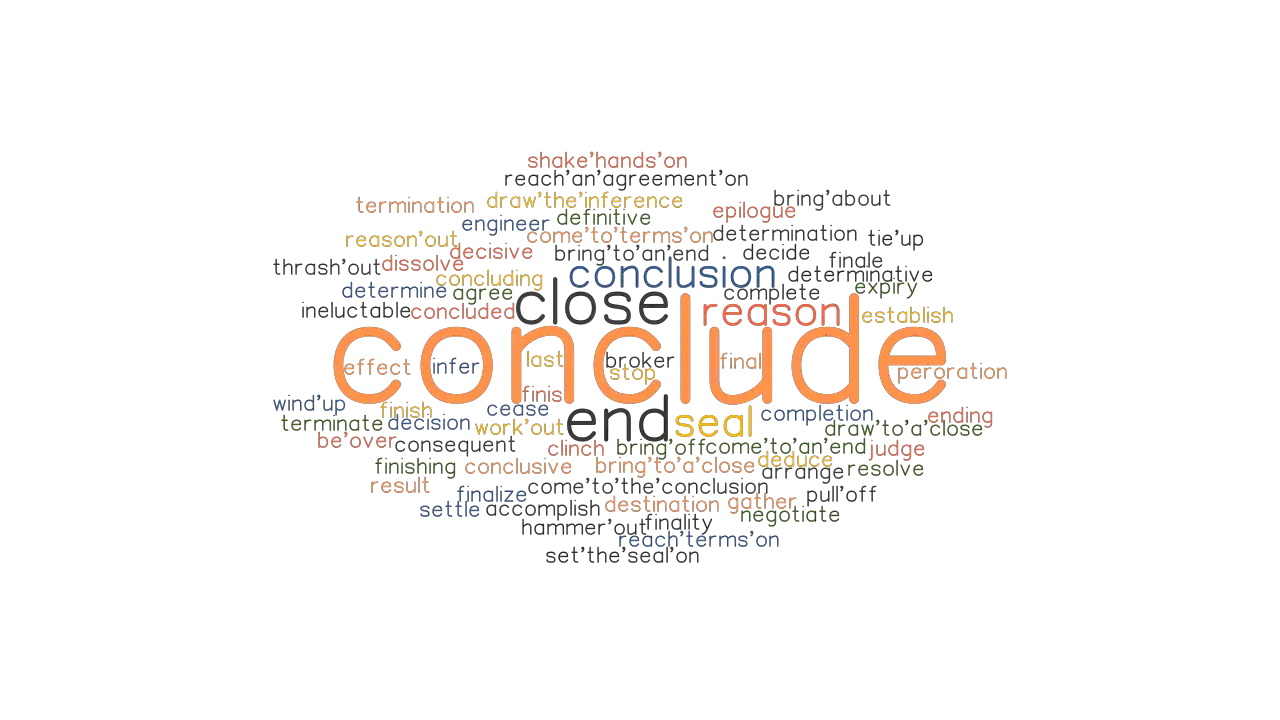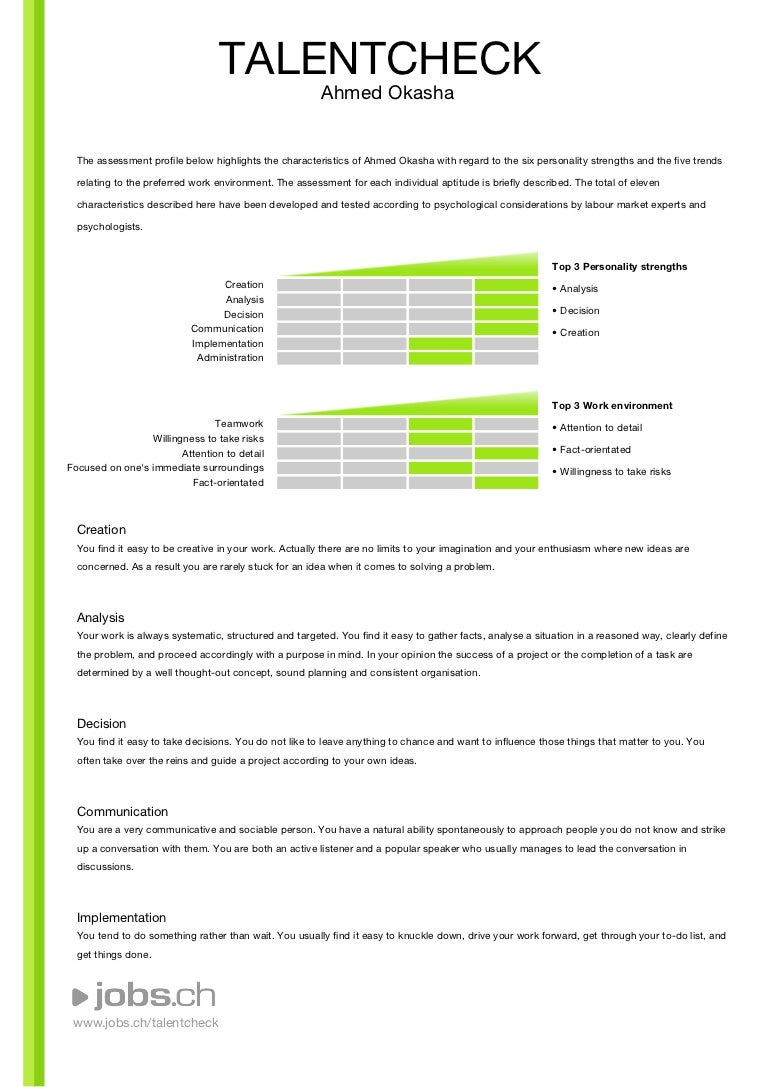



The list of readings offered in this bibliography is not exhaustive, but aims to provide readers with a representative overview of the origins of the theories, key theoretical assumptions and debates, the empirical evidence testing the theories, and research on extensions and practical application of the theories. This annotated bibliography outlines key books, chapters, and articles that chart the progress of these theories from their origins and development to their application and extension. The theories have also served as the basis for extended theories that encompass new constructs toward developing more comprehensive explanations of behavior, and to test salient processes that determine action such as the relationship between intentions and behavior. The popularity of the theories is due to their relative simplicity and flexibility, as well as their effectiveness in accounting for substantive variance in behavior. The reasoned action approach extends the theory of planned behavior by differentiating between different subcomponents of the attitude, subjective norm, and perceived behavioral control constructs in the theory of planned behavior. Fishbein and Ajzen proposed the reasoned action approach as a further development in their theory based on research. Ajzen also proposed that when perceived behavioral control closely reflects actual control, it will directly predict behavior. When their perceived behavioral control was high, individuals would be more likely to act on their intentions. In circumstances where individuals’ perceptions of control closely reflect actual control, perceived behavioral control would determine the strength of the Intention-Behavior Relationship. The theory of planned behavior introduced perceived behavioral control as an additional predictor of intentions. Ajzen modified the theory of reasoned action to account for behaviors that were not under the complete control of the individual. The theory of reasoned action demonstrated effectiveness in predicting variability in people’s behavior across many contexts, populations, and behaviors. Attitudes are positive or negative evaluations of performing the behavior in future, while subjective norms reflect beliefs that significant others would want them to perform the behavior. Intention is conceptualized as a function of two belief-based constructs: attitudes and subjective norms.

Intention reflects the extent to which an individual is likely to plan to do, and invest effort in pursuing, a given behavior. The central construct of the theory is intention, a motivational construct that is considered the most proximal determinant of behavior. The theory of reasoned action was the earliest version of the theory. With their roots in attitude theory and the social cognitive tradition, the theories focus on individuals’ beliefs with respect to future performance of a given behavior. The theories have been widely applied across multiple behaviors, contexts, and populations. Since the inception of the theory of reasoned action in late 1970s by Martin Fishbein and Icek Ajzen, the theories of reasoned action and planned behavior and, in its more recent incarnation, the reasoned action approach, have been among the most influential approaches to predicting and understanding intentional behavior.


 0 kommentar(er)
0 kommentar(er)
